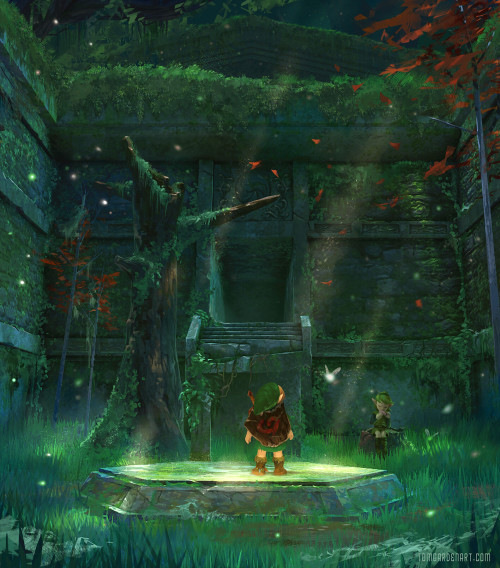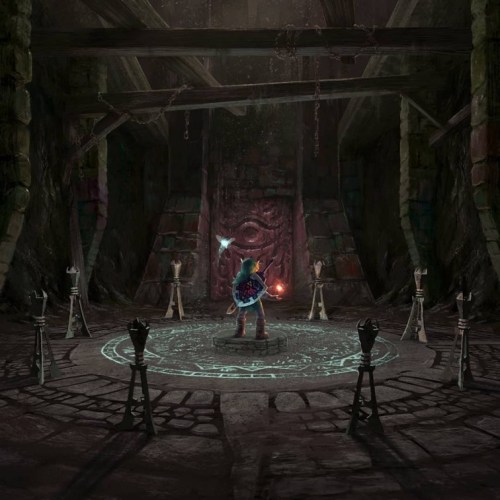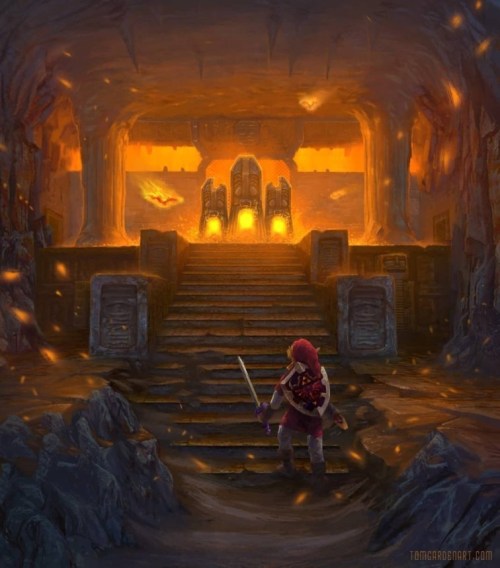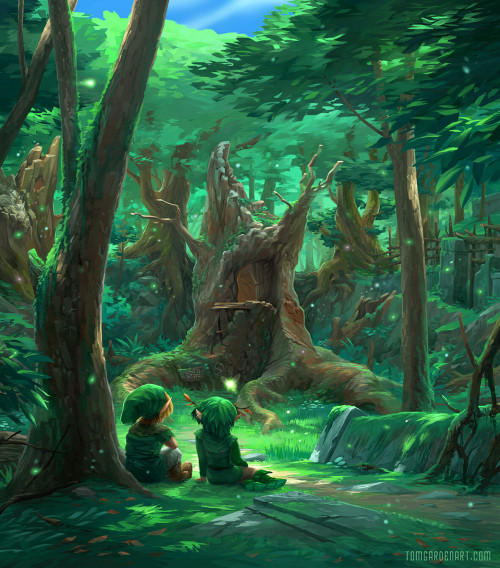10 Ways To Learn 34 Languages In No Time
10 Ways to Learn 34 Languages in No time
Have you ever wondered how some people can learn a language in one week?
Well, most polyglots—people who speak several languages—start speaking new languages quickly thanks to a few but powerful tips.
Afrikaans Arabics Bulgarian Cantonese
Chinese Czech Danish Dutch English
Filipino Finnish French German Greek
Hebrew Hindi Hungarian Indonesian
Italian Japanese Korean Norwegian
Persian Polish Portuguese Romanian
Russian Spanish Swahili Swedish
Thai Turkish Urdu Vietnamese

Seguir leyendo
More Posts from Poliglota19 and Others

More Ways to Say Goodbye in Japanese! 👋 PS: Learn Japanese with the best FREE online resources, just click here https://www.japanesepod101.com/?src=tumblr_goodbye-2_image_122621

First Japanese Phrases People Learn! 🗨 PS: Learn Japanese with the best FREE online resources, just click here https://www.japanesepod101.com/?src=tumblr_infographic_first_phrases_012423








Ocarina of Time Artwork by Tom Garden
Si lo tuyo es la ingeniería, certificate hoy con Alison.com

Toma hoy un curso especializado en ingeniería o construcción, gestión de recursos, normativas de seguridad y más.
Accede al catalogo de cursos a través de este enlace y empieza a fortalecer tu carrera hoy.
Study French with me #1
... and English, too XD 'cause my native language is actually Spanish, but I think that studying a 3rd language in my 2nd language might be more interesting... I'm probably wrong, I hope I'm not, let's cross fingers dXD (that just looks like an XD with a cap).
Today is septembre 10, 2022
It's been a lot of time since my last French class, so I'm retaking it on my own now. Today, I practiced the pronunciation of the "most frequent" syllables, and I also started studying the definite article le, la, and l'.
So, here is what I read today:
The definitive article in French has a gender, which must match the gender of its noun. I don't remember if there are any gender neutral words in French, but the book I'm studying from kind of suggests that all words in French are either femenine or masculine... please correct me on that if we're wrong. Anyways, here are some examples of femenine nouns:
la banque (the bank)
la boutique (the store or shop)
la femme (the woman, wife)
la jeune fille (the girl)
la langue (the language)
la voiture (the car)
Next, we have masculine nouns:
le chat (the cat)
le chien (the dog)
le cours (the class or course)
le frére (the brother)
le garçon (the boy)
le livre (the book)
It seems like all femenine nouns end in -e, however this is not a general rule. There are femenine words that do not end in -e, for instance think of l’infant (the child) which can stand for a boy or a girl, notice too that distraction (amusement) is also femenine -it goes with la- and yet it doesn’t end in -e, then we also have la fleur (the flower), la fourmi (the ant), la radio (the radio), and many more.
So, yeah... guessing the gender of a noun in French can be hard.
Now, in regards to the shorter form of the definite article l’, we use it when our noun starts with a vowel or with mute h so that we pronounce the whole thing together. Two straight forward examples are l´emploi (the job) and l’homme (the man)... which ends in -e but is masculine...
Alright, I think that’s enough for this post already... I don’t want to make too long entries.


Most Common Adjectives - Part 10 💕💍 PS: Learn Japanese with the best FREE online resources, just click here https://www.japanesepod101.com/?src=tumblr_infographic_adjectives_10_020625
Study because it makes you smarter. Every time you dive into a new topic, you're not just memorizing facts; you're building a sharper, more agile mind. The breadth of your knowledge will never be a hindrance; it will only ever propel you further in life.
Study because it opens doors. Knowledge is your ticket to new opportunities. Whether it's landing your dream job, travelling the world, or just being able to hold your own in any conversation, the more you know, the further you can go.
Study because it builds discipline. Setting aside time to study teaches you valuable skills like time management and self-discipline. These habits will serve you well in all areas of life, long after you’ve closed the textbooks.
Study because you want to improve yourself. Self-improvement isn't just about hitting the gym or eating right. It's about feeding your mind and growing as a person. Each study session is a step towards a better, more informed you.
Study because it’s a privilege. Not everyone has the opportunity to learn. Embrace the privilege of education and make the most of it. Honor those who fought for the right to study by making the most of your own education.

Simple Japanese: Eccentricity
Grab your latest Japanese language contents! Check
does anybody got recommendations for good resources to practise reading Japanese?
I'm looking for like something like with mostly hiragana and katakana characters and just a small amount of kanji. something like manga or a magazine would probably be the most fun, but maybe like an elementary school story book would be easier to find?
I need to actively practice my kana so i don't lose it and drilling the list of characters is really boring.
-
 steadydreamlandsublime liked this · 1 year ago
steadydreamlandsublime liked this · 1 year ago -
 conoceriukuaile liked this · 2 years ago
conoceriukuaile liked this · 2 years ago -
 kisskiss-dropthevase liked this · 3 years ago
kisskiss-dropthevase liked this · 3 years ago -
 freedomforeverybody118 liked this · 3 years ago
freedomforeverybody118 liked this · 3 years ago -
 kikiclueless-099 liked this · 4 years ago
kikiclueless-099 liked this · 4 years ago -
 petitlangage reblogged this · 4 years ago
petitlangage reblogged this · 4 years ago -
 holdmejustbecavse liked this · 4 years ago
holdmejustbecavse liked this · 4 years ago -
 polyglotka reblogged this · 4 years ago
polyglotka reblogged this · 4 years ago -
 gendrafraa liked this · 4 years ago
gendrafraa liked this · 4 years ago -
 mxriecruz liked this · 4 years ago
mxriecruz liked this · 4 years ago -
 xiomang-blog liked this · 4 years ago
xiomang-blog liked this · 4 years ago -
 cremeux liked this · 4 years ago
cremeux liked this · 4 years ago -
 gdds1-blog liked this · 4 years ago
gdds1-blog liked this · 4 years ago -
 strwbrry17 liked this · 4 years ago
strwbrry17 liked this · 4 years ago -
 homiesofie reblogged this · 4 years ago
homiesofie reblogged this · 4 years ago -
 kawaii-shoujo-anime-palace reblogged this · 5 years ago
kawaii-shoujo-anime-palace reblogged this · 5 years ago -
 thewhitecyborg liked this · 5 years ago
thewhitecyborg liked this · 5 years ago -
 gaylord-morax reblogged this · 5 years ago
gaylord-morax reblogged this · 5 years ago -
 gaylord-morax liked this · 5 years ago
gaylord-morax liked this · 5 years ago -
 palememoriesfbellum liked this · 5 years ago
palememoriesfbellum liked this · 5 years ago -
 thefakepolyglot reblogged this · 5 years ago
thefakepolyglot reblogged this · 5 years ago -
 stellune liked this · 5 years ago
stellune liked this · 5 years ago -
 fallen-stars-and-wishes reblogged this · 5 years ago
fallen-stars-and-wishes reblogged this · 5 years ago -
 fallen-stars-and-wishes liked this · 5 years ago
fallen-stars-and-wishes liked this · 5 years ago -
 eatingtomatosalad liked this · 5 years ago
eatingtomatosalad liked this · 5 years ago -
 cardassiangoodreads liked this · 5 years ago
cardassiangoodreads liked this · 5 years ago -
 mica5fowl reblogged this · 5 years ago
mica5fowl reblogged this · 5 years ago -
 herecomesthepolyglot reblogged this · 5 years ago
herecomesthepolyglot reblogged this · 5 years ago -
 kawaii-shoujo-anime-palace liked this · 5 years ago
kawaii-shoujo-anime-palace liked this · 5 years ago -
 joonells liked this · 5 years ago
joonells liked this · 5 years ago -
 mu-nsr liked this · 5 years ago
mu-nsr liked this · 5 years ago -
 dreamofsilk liked this · 5 years ago
dreamofsilk liked this · 5 years ago -
 chubbslilblog liked this · 5 years ago
chubbslilblog liked this · 5 years ago -
 sassycroissantdreamerbanana liked this · 5 years ago
sassycroissantdreamerbanana liked this · 5 years ago -
 precious-luxuries liked this · 5 years ago
precious-luxuries liked this · 5 years ago -
 it-was-cold-and-yellow liked this · 5 years ago
it-was-cold-and-yellow liked this · 5 years ago -
 thelonewolf48 reblogged this · 5 years ago
thelonewolf48 reblogged this · 5 years ago -
 scholasstudygroup reblogged this · 5 years ago
scholasstudygroup reblogged this · 5 years ago -
 beenunu liked this · 5 years ago
beenunu liked this · 5 years ago -
 nijipinky liked this · 5 years ago
nijipinky liked this · 5 years ago -
 poliglota19 reblogged this · 5 years ago
poliglota19 reblogged this · 5 years ago -
 poliglota19 liked this · 5 years ago
poliglota19 liked this · 5 years ago -
 languageinfo reblogged this · 5 years ago
languageinfo reblogged this · 5 years ago
Hola, mi nombre es Moisés y estoy estudiando japonés y francés. Tengo un studyblr: desordenado-ordenado.
51 posts